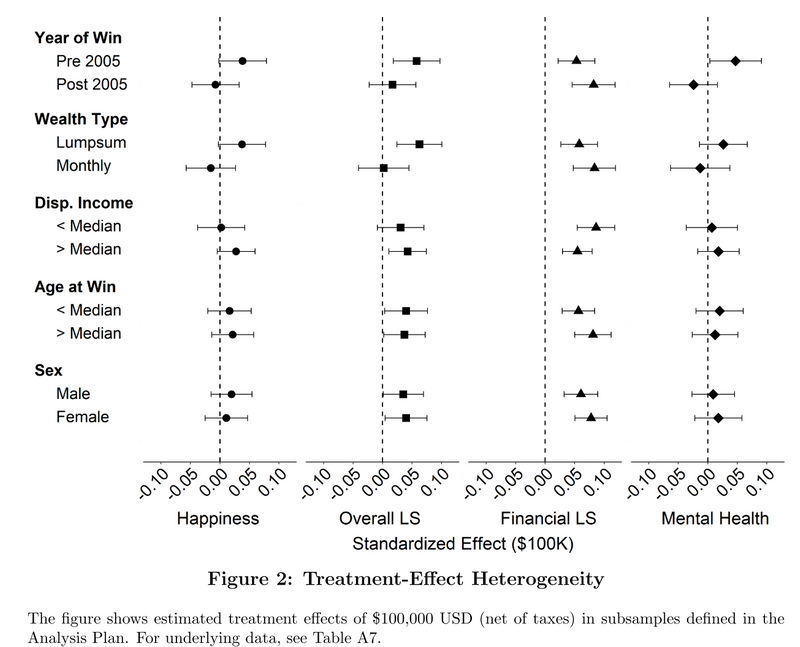Jag har två gånger ägnat min DN-kolumn åt det omdiskuterade sambandet mellan å ena sidan fattigdom, utsatta bostadsområden och segregation och å andra sidan brottslighet (och andra utfall), först
här, sedan
här.
Nu finns en
ny amerikansk studie av Eric Chyn i AER som utnyttjar ett naturligt experiment för att undersöka vad som händer när man får möjlighet att flytta ifrån ett problematiskt bostadsområde. Så här lyder abstract:
I study public housing demolitions in Chicago, which forced low-income households to relocate to less disadvantaged neighborhoods using housing vouchers. Specifically, I compare young adult outcomes of displaced children to their peers who lived in nearby public housing that was not demolished. Displaced children are more likely to be employed and earn more in young adulthood. I also find that displaced children have fewer violent crime arrests. Children displaced at young ages have lower high school dropout rates.
Författaren menar att det var så gott som slumpmässigt vilka hus som rivdes, vilket gör att de kvarboende kan användas som kontrollgrupp gentemot vilken effekten av att få flytta kan utvärderas.
Resultaten i abstract låter upplyftande, men när man läser artikeln framgår att effekterna är inte jättestora, och dessutom att resultaten rörande brottslighet är inte helt rättvisande beskrivna i abstract.
Först, storleken: så här beskrivs det i
artikeln:
Relative to their non-displaced peers, girls are 6.6 percentage points (13 percent) more likely to be employed and have $806 (18 percent) higher annual earnings. The corresponding effects for boys are less precisely estimated, although the estimates for all outcomes are positive.
samt
children displaced at young ages (age 7 to 12) are 5.1 percentage points (8 percent) less likely to drop out from high school
När det gäller effekterna på brottlighet står det:
youth who relocated have 14 percent fewer arrests for violent crimes
Men också
displaced children have more arrests for property crimes than their non-displaced peers. Interestingly, Kling, Ludwig, and Katz (2005) also observed an increase in property crime for boys whose household moved to a low-poverty neighborhood through the MTO program.
När det gäller effekten på brottslighet, finns en bias av att de flesta flyttar till betydligt rikare områden, där polisen kanske inte är lika aktiv:
the relocation effects on arrests may be biased upward due to a higher probability of arrest in less disadvantaged neighborhoods
Det faktum att författarna trots denna bias hittar att de som flyttades arresterades oftare för egendomsbrott (jämfört med dem som var kvar), är intressant. Kan det möjligen tyda på att viss brottslighet beror på individen och inte på bostadsområdet? Eller beror brottslighet faktiskt på bostadsområdet i den bemärkelsen att mer stjäls där det finns mer att stjäla? Artikeln erbjuder tyvärr inte mycket diskussion kring hur detta resultat ska tolkas.
Källor:
Chyn, Eric. 2018. "Moved to Opportunity: The Long-Run Effects of Public Housing Demolition on Children."American Economic Review, 108 (10): 3028-56.
Kling, Jeffrey R., Jens Ludwig, and Lawrence F. Katz. 2005. "Neighborhood Effects on Crime for Female and Male Youth: Evidence from a Randomized Housing Voucher Experiment." Quarterly Journal of Economics 120 (1): 87–130.
